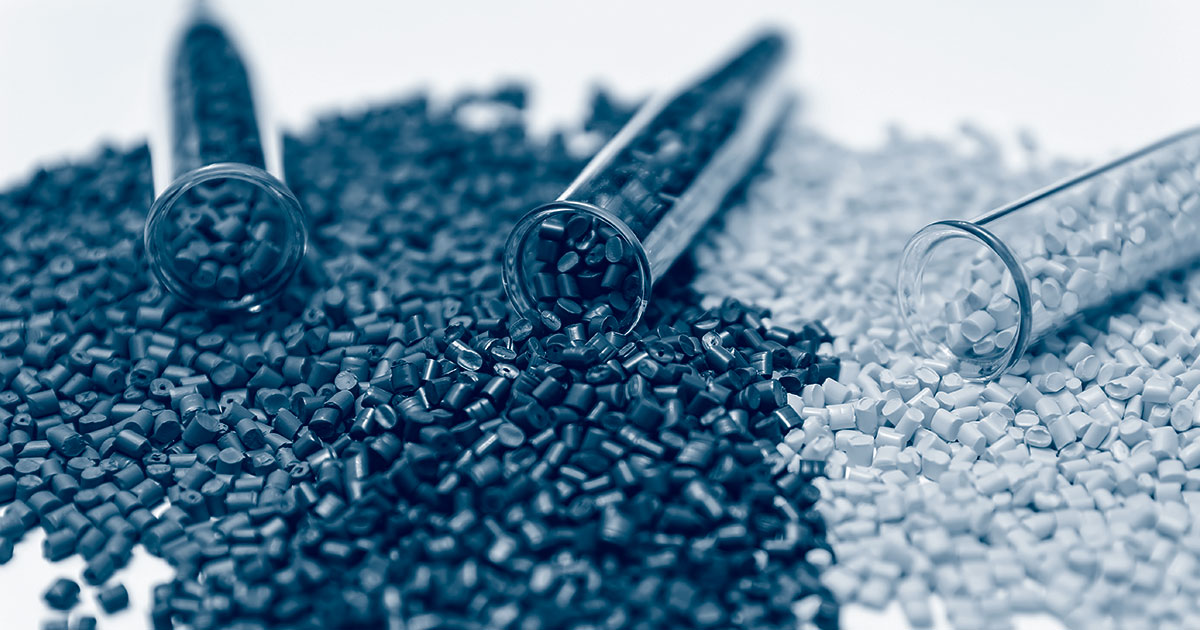Deadline: Year of 2022
Across virtually all manufacturing sectors, industries are under increased regulatory and consumer pressure to improve the safety and sustainability of their operations and products. Single use materials are being replaced with reusable or recyclable materials. Additionally, the development and incorporation of bio-based alternatives further reduces dependence on materials derived from petrochemicals.
TechConnect’s client, a global leader in membrane production for industries like biopharmaceuticals manufacturing, medical drug filtration, diagnostics, and clinical research, is interested in sustainability innovations and identifies two areas of strong interest:
- Non-Mechanical Recycling Approaches for Polymers Polymers such as polyolefins, polyether sulfone and polyvinylidene fluoride, are highly effective when used in biomedical and biopharmaceutical membranes. However, they tend to be single use materials with limited opportunities for post-use recycling, especially due to their exposure to various biohazards during use.The client seeks innovative non-mechanical methods for recycling such polymers into viable raw materials suitable to re-enter the production process. Potential pathways of interest include, but are not limited to:
Bacteriological recycling
Enzymatic recycling
Chemical recycling
Energy-efficient thermal depolymerization
De-gasification approaches
All proposed approaches must be compatible with and suitable for materials deemed to be biohazards. As a consequence, proposed technologies should present information regarding the anticipated end-products following recycling. While the focus of this project is the identification of non-mechanical recycling approaches, proposed solutions may include a mechanical component, provided that other non-mechanical technologies feature prominently in the overall concept. Of particular interest to the client are proposed technologies capable of recycling waste streams comprised of a mixture of multiple different polymers. Technologies of all maturity levels will be considered, provided a viable pathway to successful implementation exists.
2. PFAS-free Surface Treatments
- Be suitable for application to porous and non-porous polymer substrates
- Stable during use and cleaning
- Non-toxic to cells and biological systems
- Environmentally friendly and sustainable
Additionally, the ideal solution would also be resilient against various sterilization methods including autoclaves or exposure to gamma radiation or ethylene oxide.
All proposed approaches should be suitable for an industrial application environment and, ideally, capable of being applied in a continuous process. Technologies of all maturity levels are of interest, however solutions ready for commercial deployment within 24 months are of greatest interest.
Requirements
Solvers submitting an entry should highlight key innovation areas in their submission that meet criteria including:
- Non-Mechanical Recycling Approaches for Polymers
- Type of recycling technology
- Material(s) targeted for recycling
- Anticipated performance
- Suitability for recycling of biohazard materials
- Suitability for usage with mixed materials
- Anticipated end-product(s)
- Potential for circularity high desirable
- Technical maturity
- PFAS-free Surface Treatments
- Level of hydrophobicity or surface tension (dynes)
- Anticipated performance against criteria
- Anticipated operational lifespan of the treatment
- Application method
- Safety information
- During treatment application
- General materials of composition
- Suitable substrate(s)


